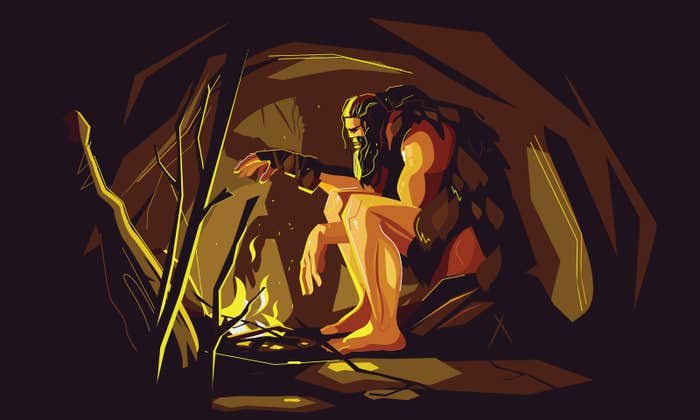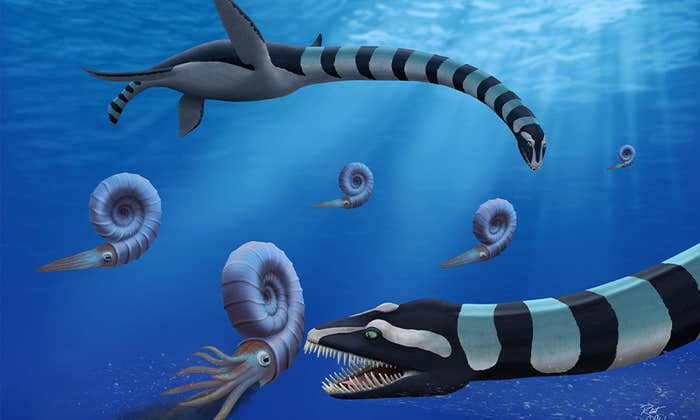In his essay, “In Search of the First Human Home,” in this issue of Nautilus, Ian Tattersall calls humans’ modern notion of home “revolutionary.” In our video interview (above), the paleontologist and former chairman of the department of anthropology at the American Museum of Natural History explains why. Our idea of home is characteristic of symbolic thinking, he maintains, a revolution in human development that separates us from all other animals; what’s more, “it’s something that is completely accidental.”
The millions of people who have passed through the august doors of the American Museum of Natural History in New York City have experienced Tattersall’s work. For the past four decades, Tattersall, now a curator emeritus at the museum, has shaped its magnificent exhibitions on human evolution, the primary subject of his many books, the most recent of which is Masters of the Planet: The Search for Our Human Origins.
Tattersall was raised in the “wide open spaces” of Uganda, where his father was a university administrator. He was educated at Cambridge, where he first became enchanted with paleontology, and continued his education at Yale. Looking back, he says, he became a paleontologist in the same way he sees human evolution, “by accident.” During his interview with Nautilus, Tattersall was opinionated and engaging. Our conversation ventured beyond home into the future of human evolution—as Tattersall sees it, we’re pretty much at the end of the line—and the self-correcting process of science itself.
What would 3-million-year-old Lucy’s home have looked like?
How wide was Lucy’s range?
What was Homo sapiens’ first home?
You call the modern notion of home “revolutionary.” Why?
How is it that we understand each other?
Why is our capacity for “symbolic reasoning” significant?
Are we better off for having a sense of home?
What’s the biggest misnomer about human origins?
Aren’t we stuck to this idea of fine-tuning?
Are humans still evolving?
Have you ever been wrong?
Was it difficult to change your opinion?
You’ve been all over the world. Where do you feel most at home?



























